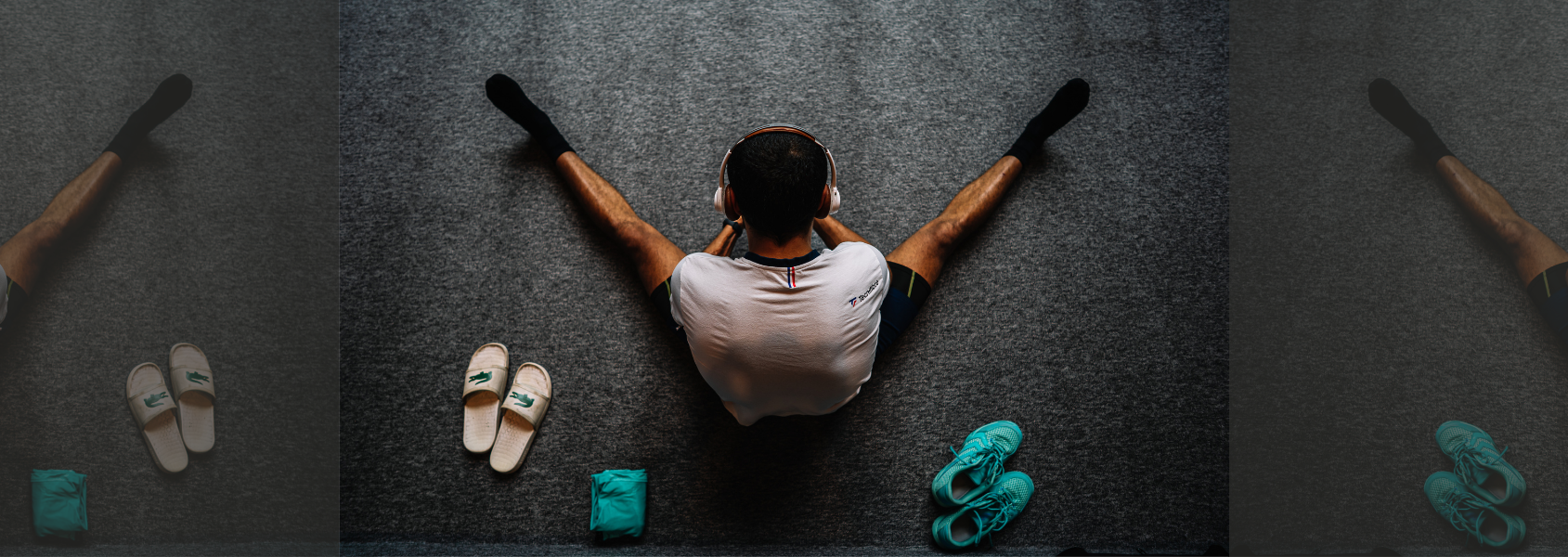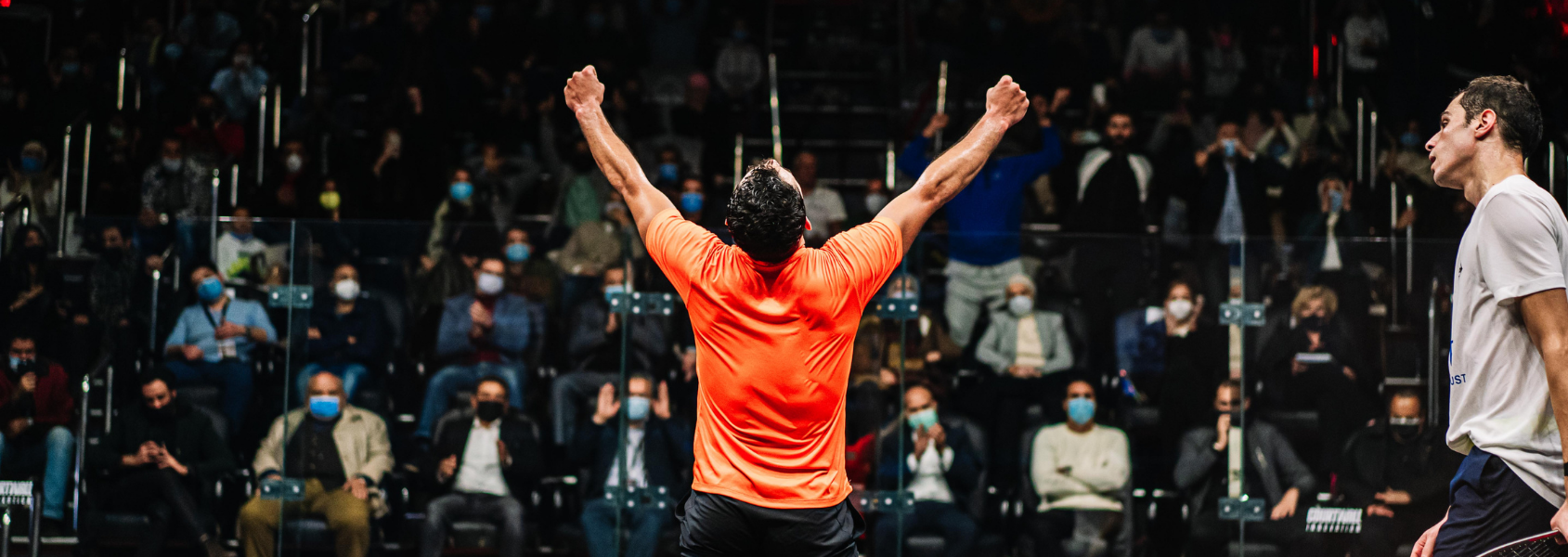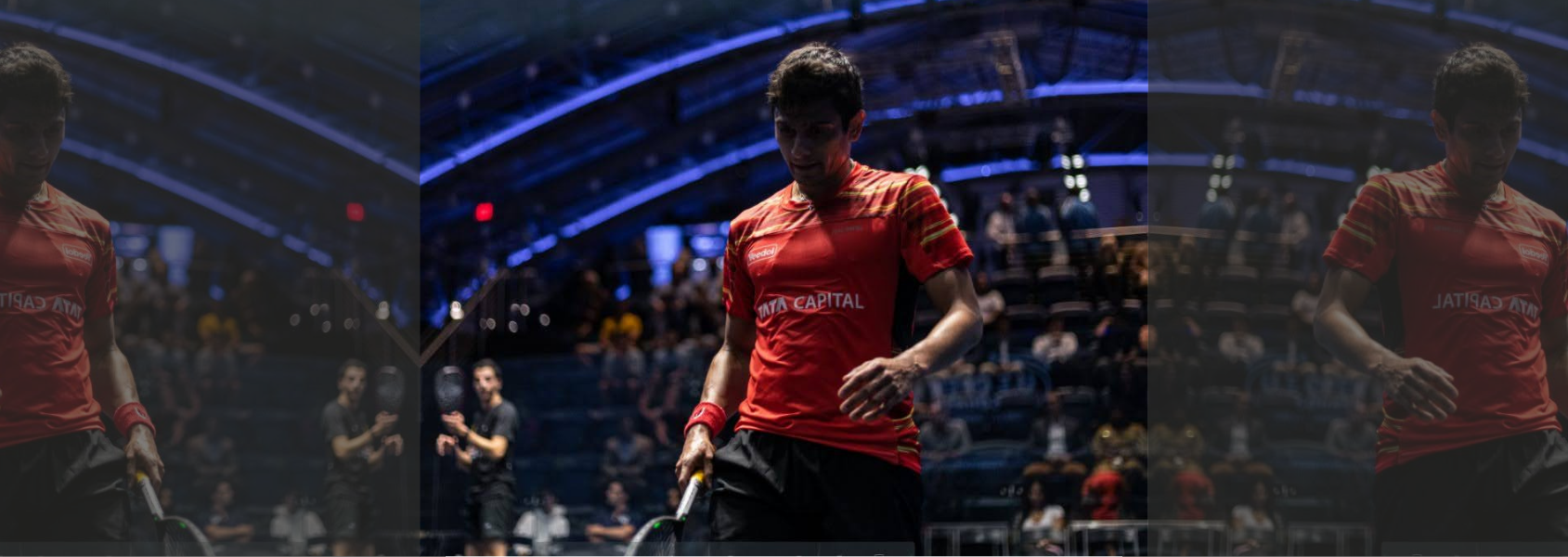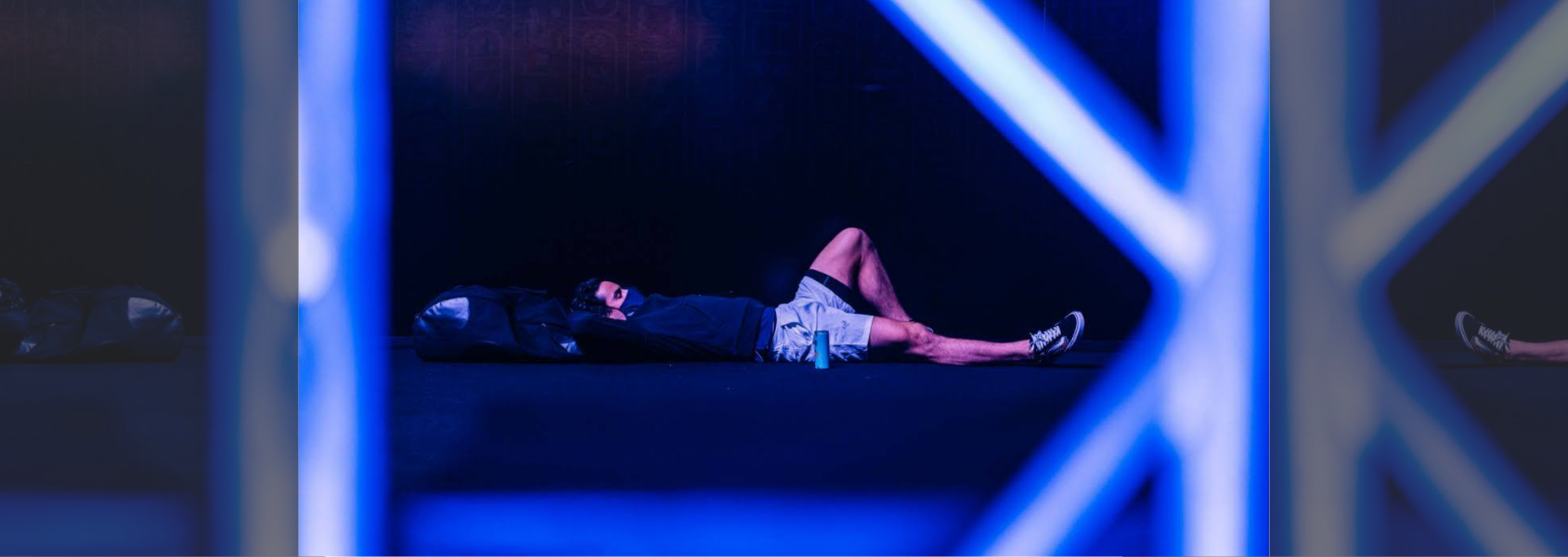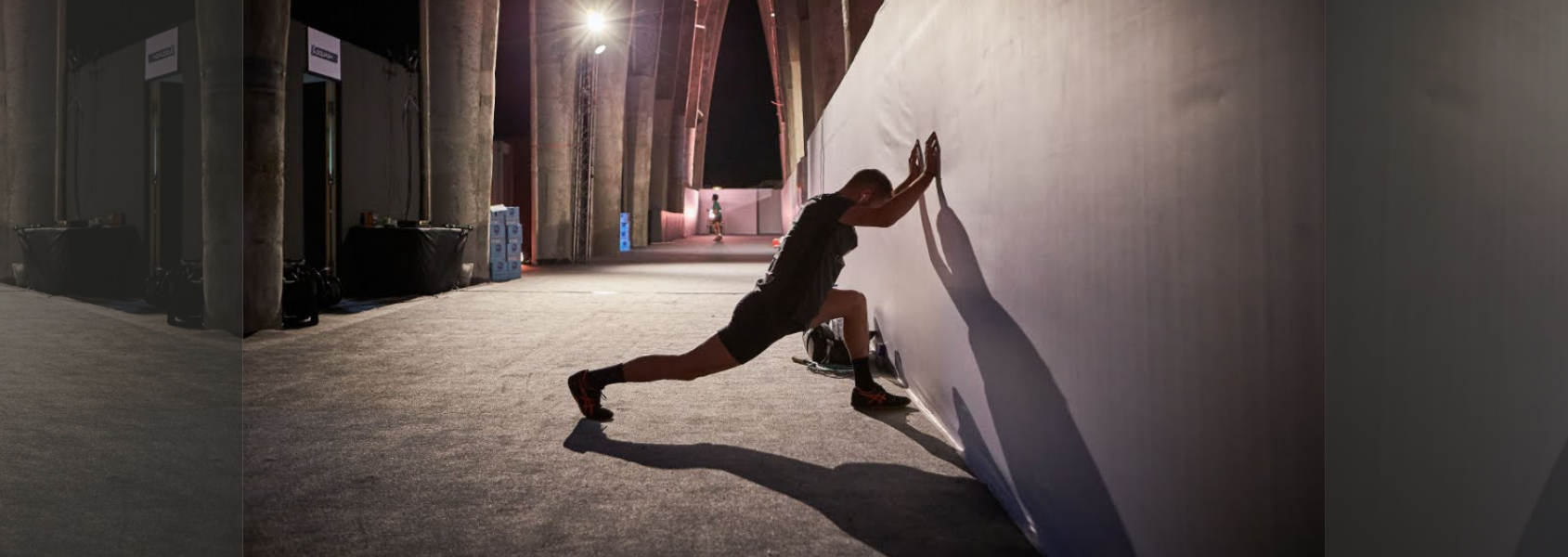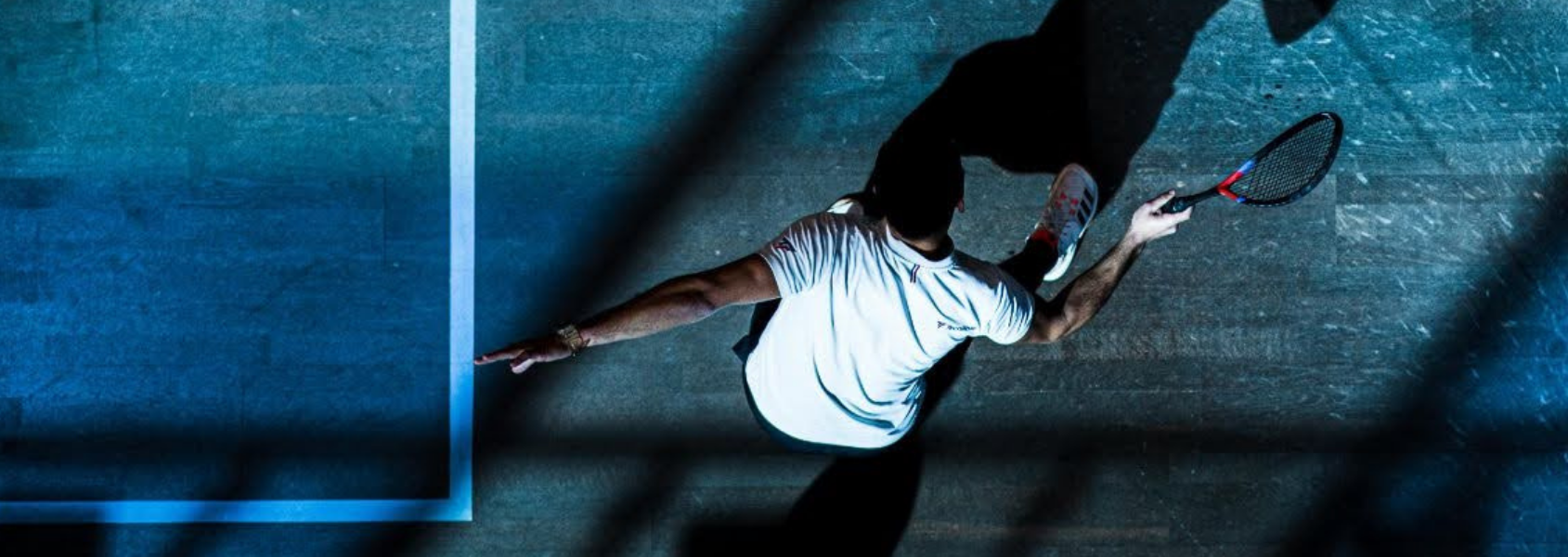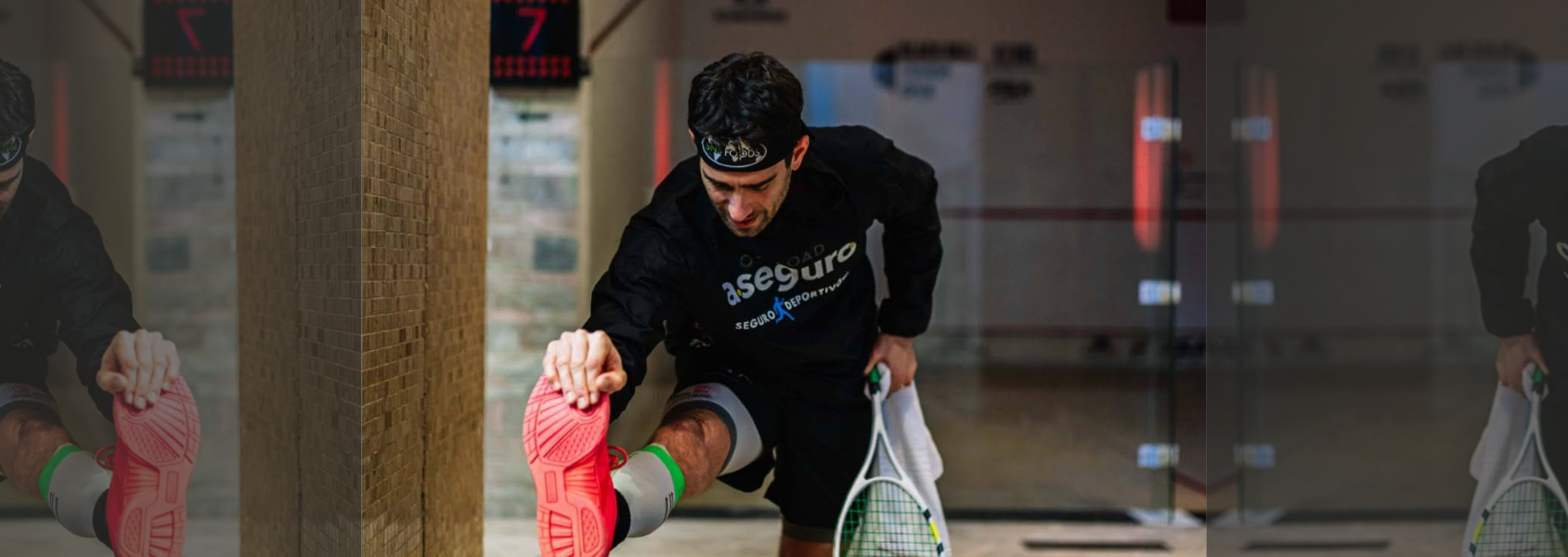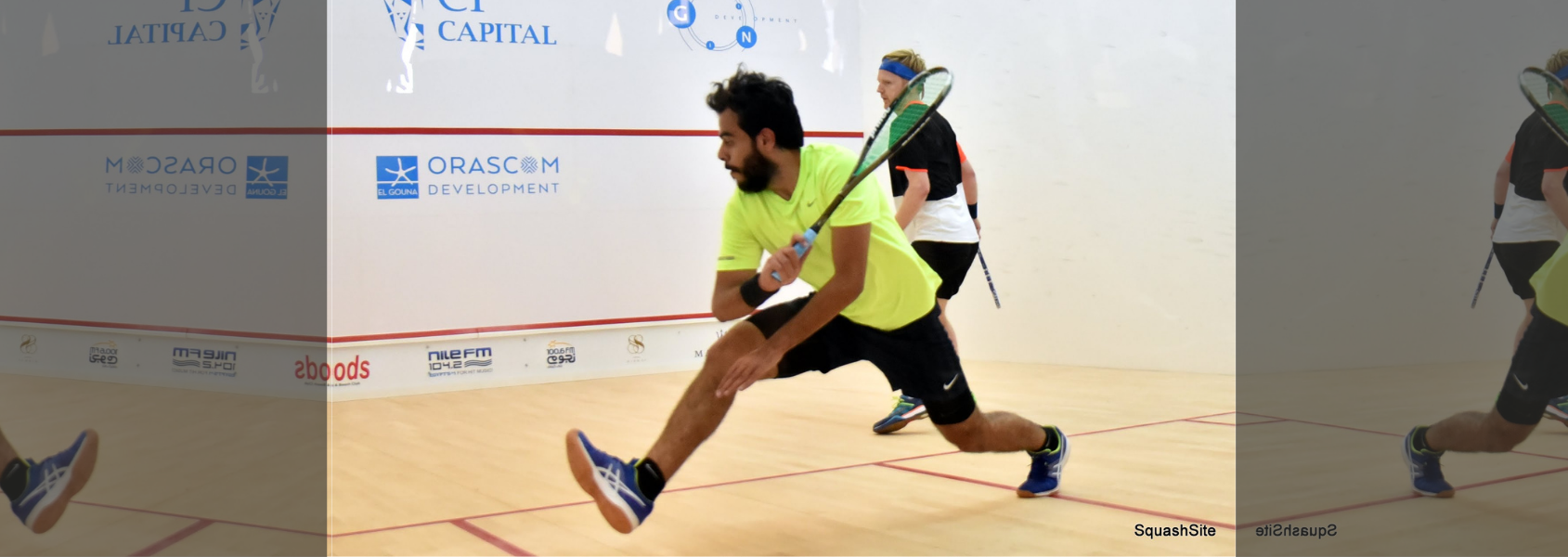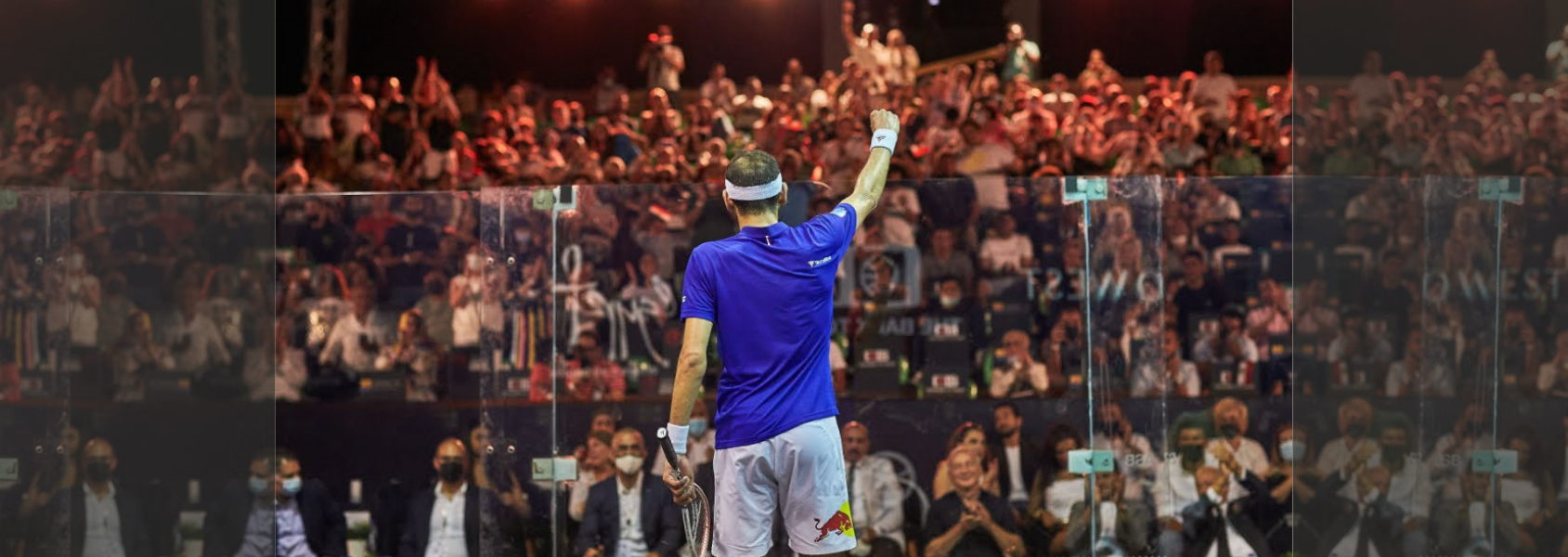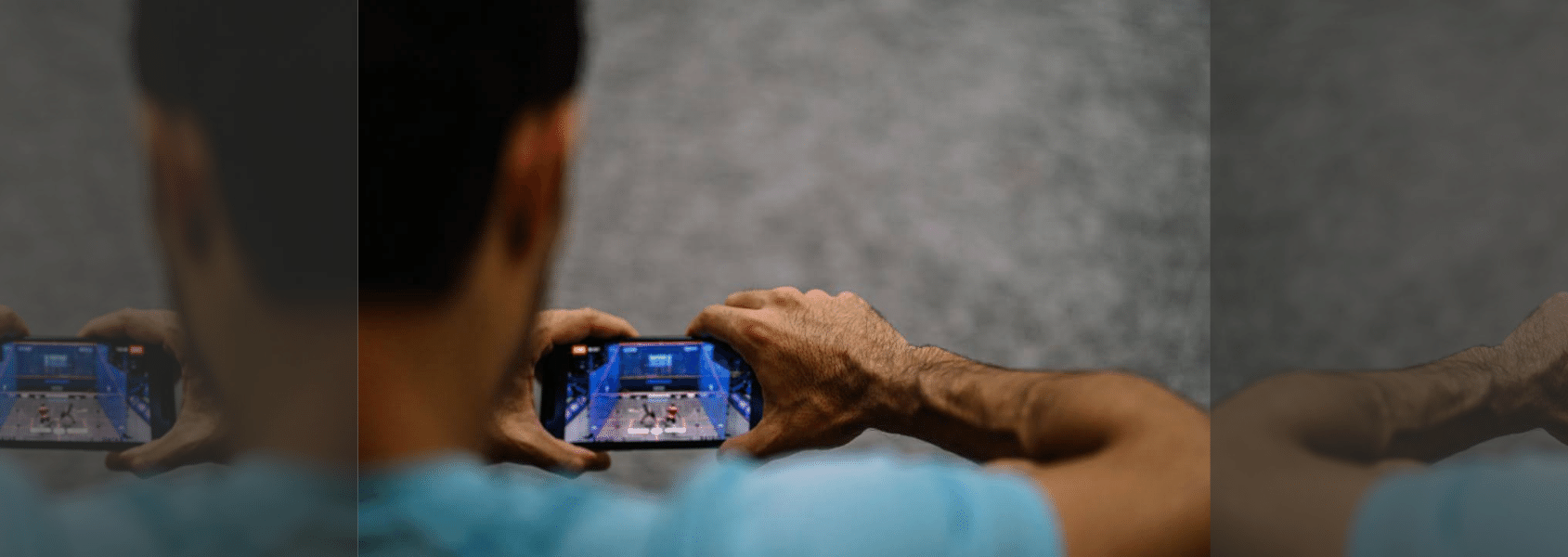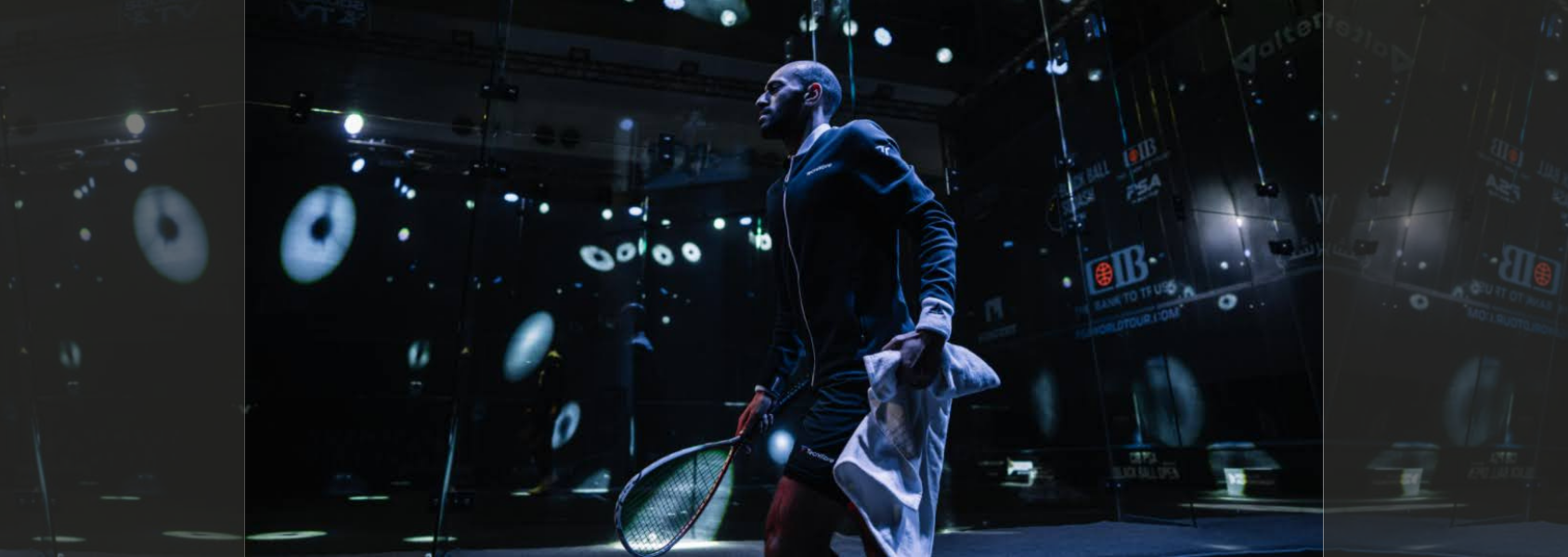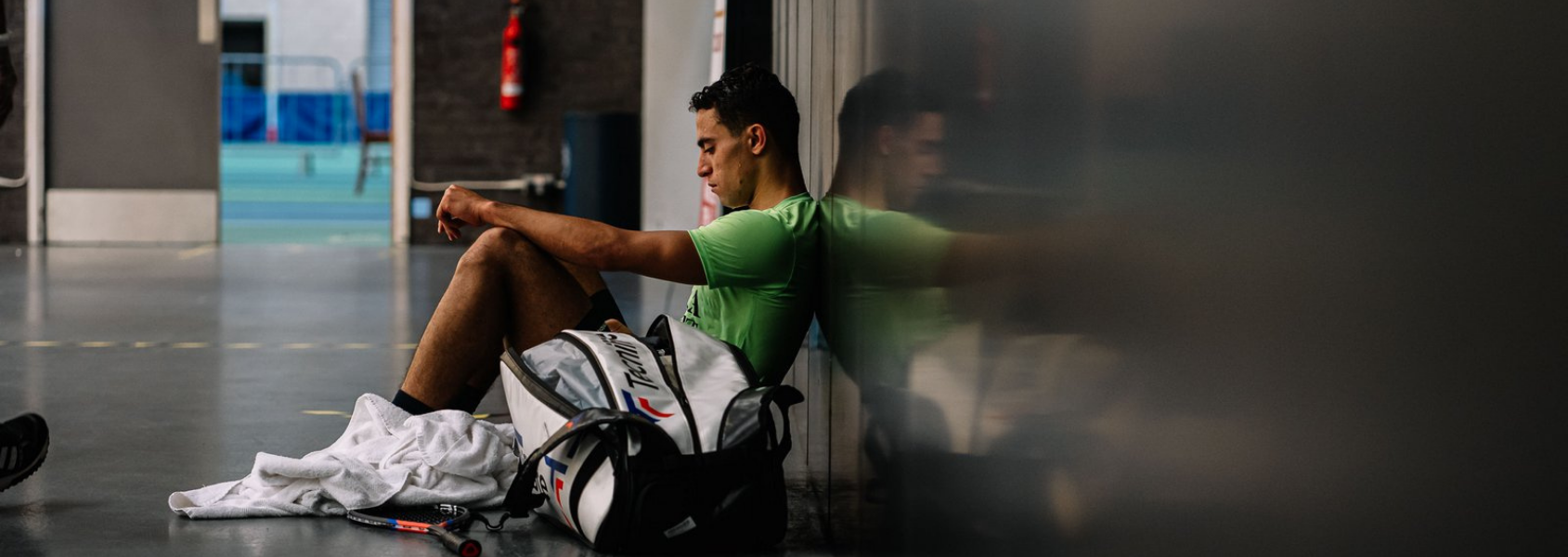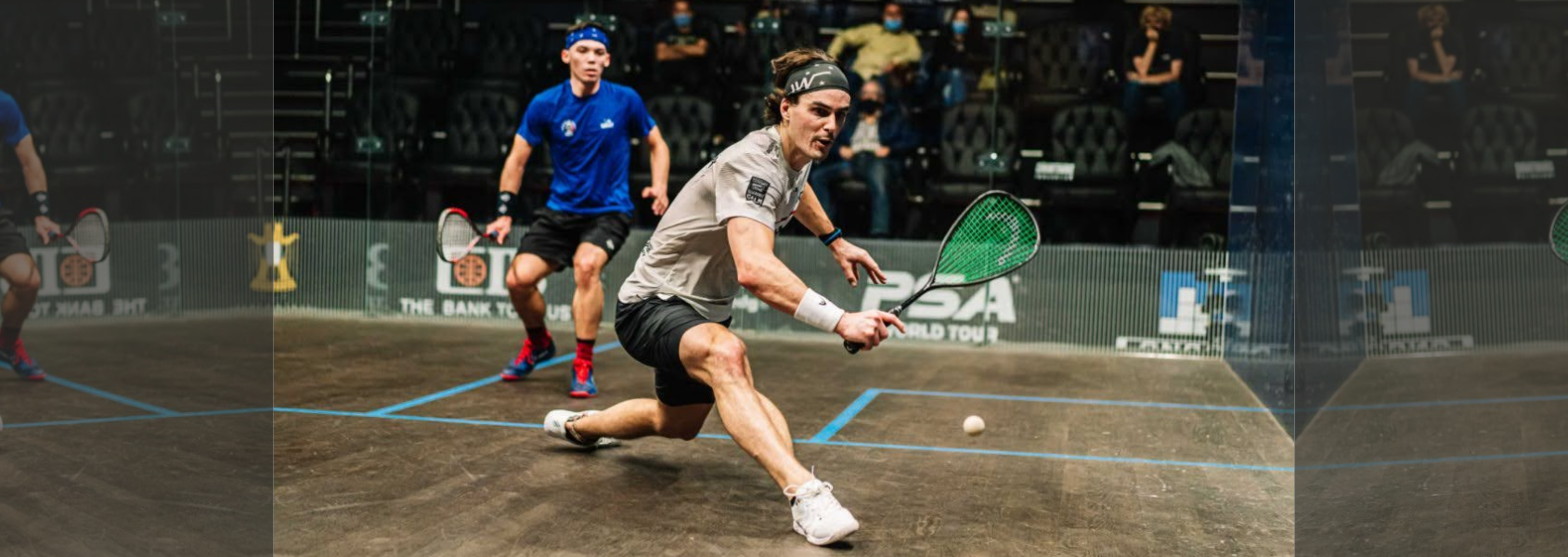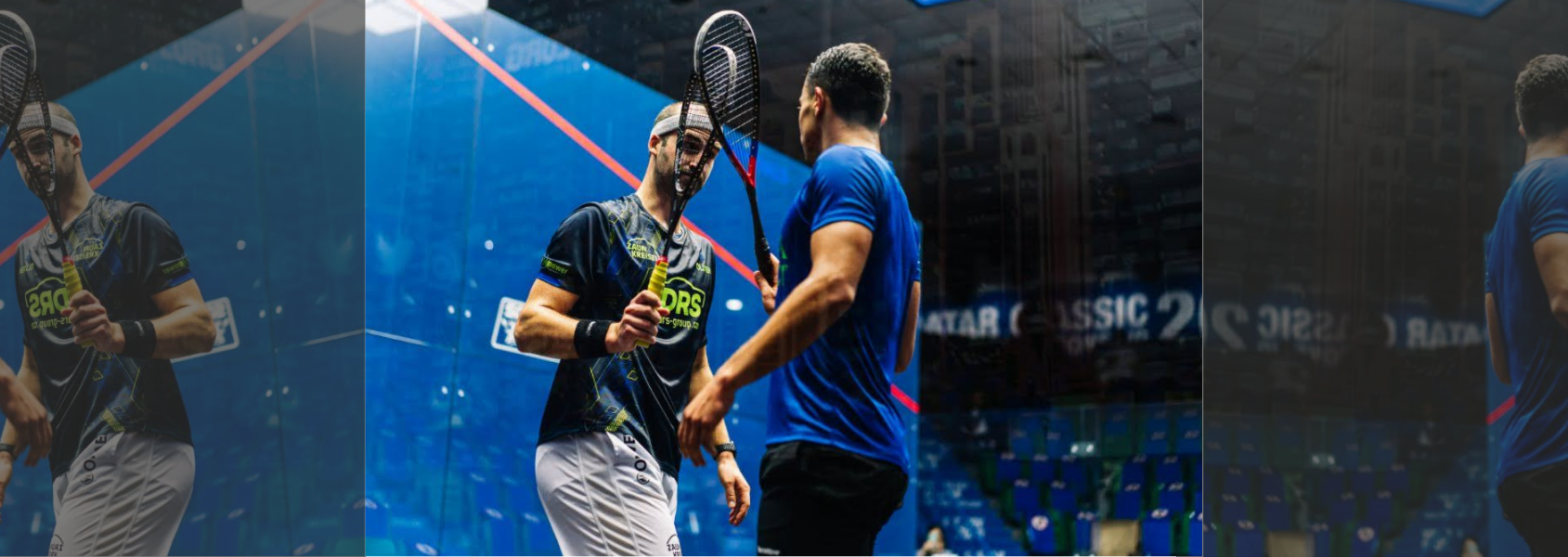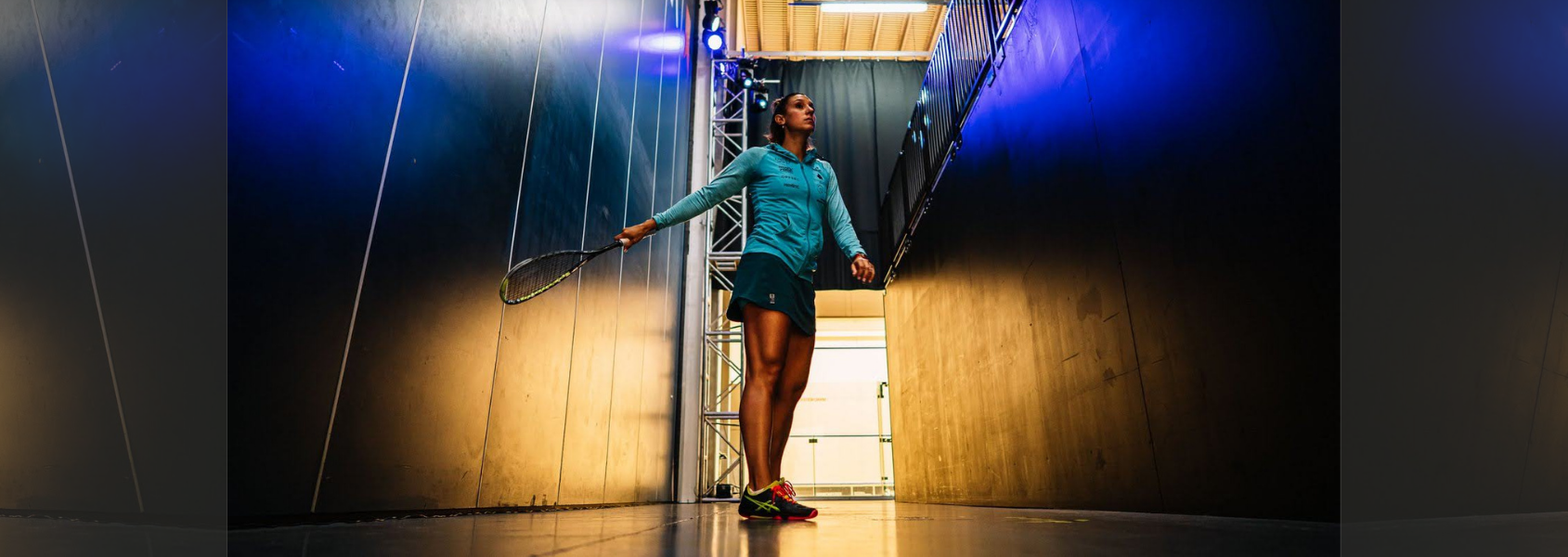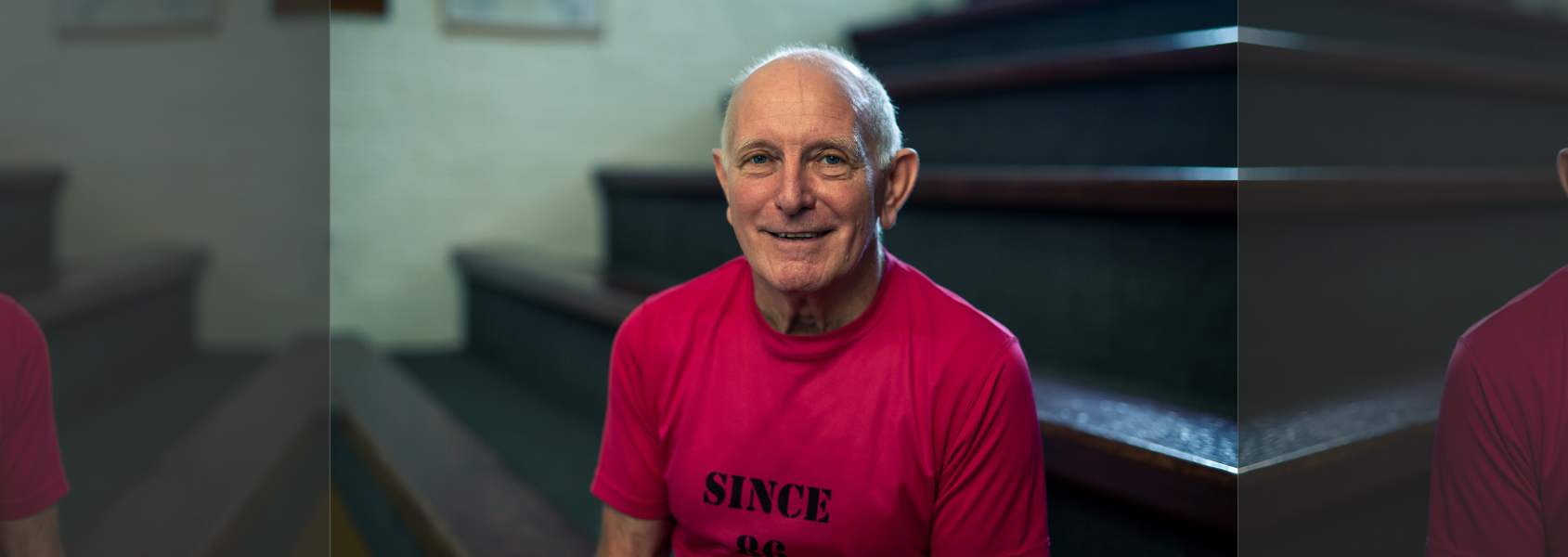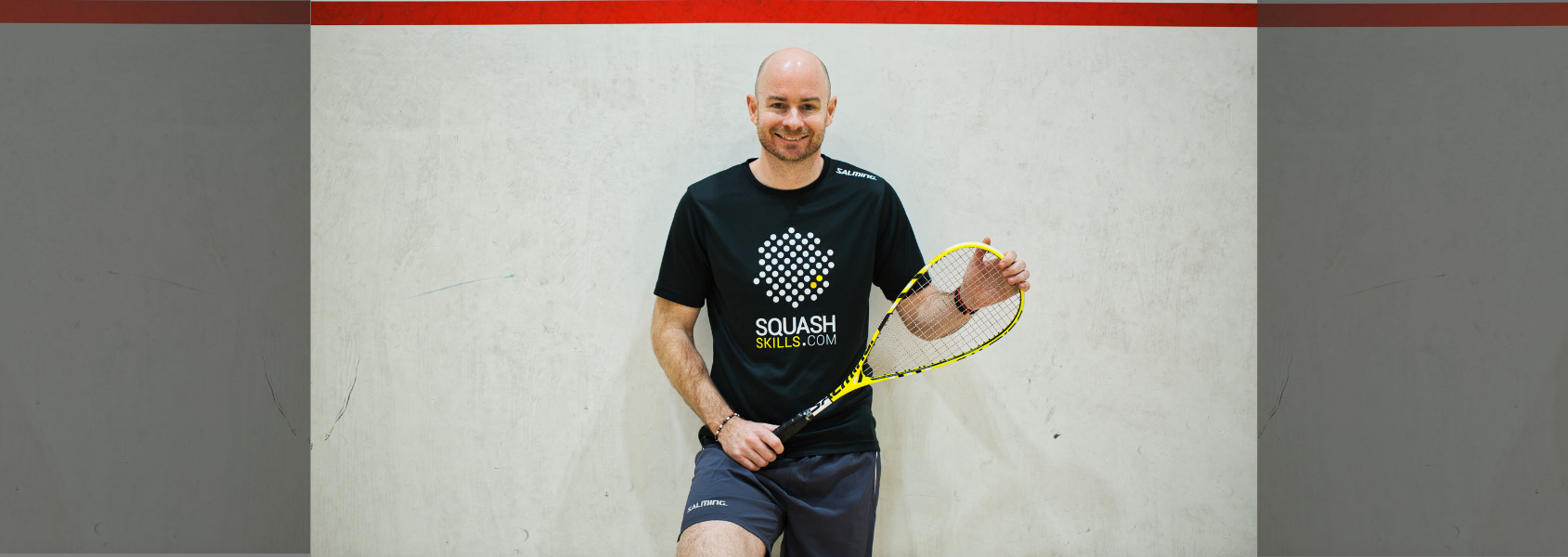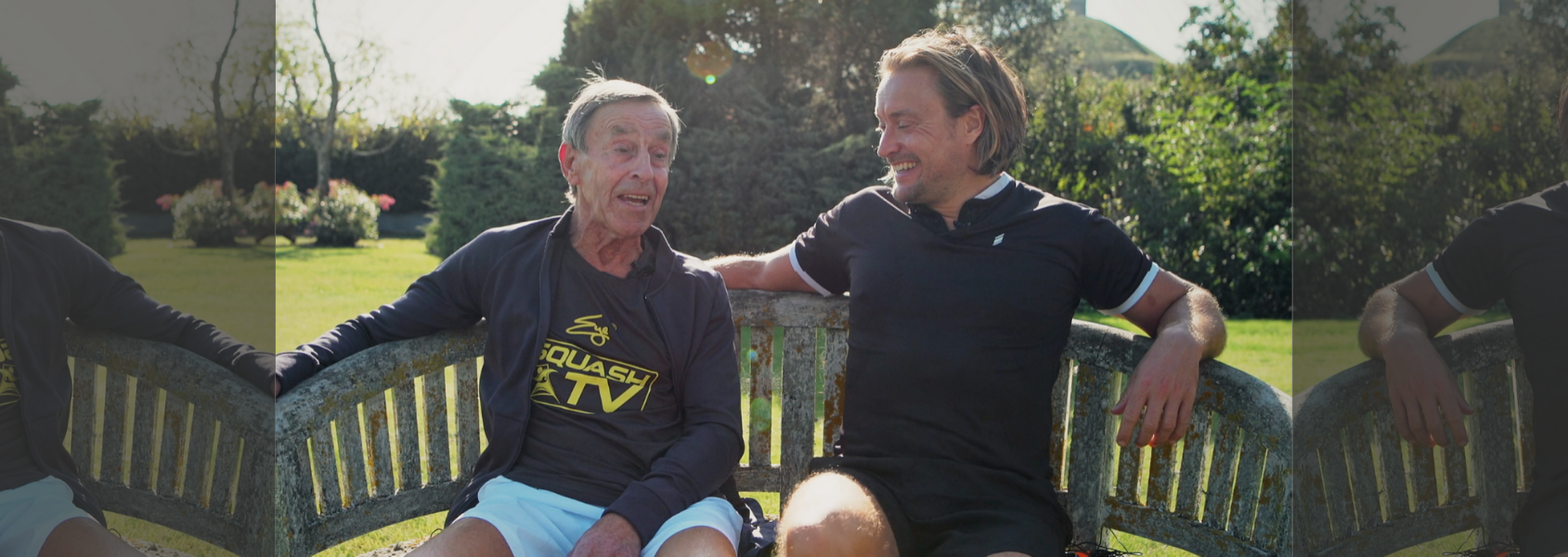Dealing with a Slump in your Squash
For most players, their squash is an activity they partake in and enjoy as a break away from the stresses and strains of everyday life. Running around the court a few times a week, getting stuck into drills and training routines, and playing in local leagues and tournaments, is exercise, social activity, and competitive pursuit all in one. What happens though when you hit a bit of a slump and your motivation wanes?
Garbage In, Garbage Out
In computer science, Garbage In, Garbage Out (GIGO) is the concept that flawed, or nonsense (garbage) input produces nonsense output. Goes to figure, right? Simple to understand and comprehend? So why do we cultivate bad habits in our own lives for our mental state all the time?
Amor Fati – Acceptance
Amor Fati is a Latin phrase that the Stoics used in their daily lives and kept it close to hand especially during difficult and trying times. The translation of Amor Fati is:
“A love of one’s fate”
Why journaling?
This blog takes a more zoomed out view of a very powerful psychological tool – journaling. Journaling will not only begin to help you get better on the court but will also help your life in all you do and encounter day to day.
Nerves And Anxiety In Squash – Part 2 of 2
In part 2 of this deep look at nerves and anxiety, a practical toolkit will be presented for you to have and implement to help in addressing this debilitating state before and during matches. There will be mental, physical, and environmental tools laid out to you and some will work right away, and others will take time and practice to really feel the benefits.
Nerves And Anxiety In Squash – Part 1
Nerves and anxiety for athletes in competition is one of the most debilitating states that contribute to underperforming. This blog will attempt to look closer at why and how nervousness and anxiety appears before matches and to also put in place some tools and interventions to help you cope better with this unwelcomed, but often very present state in your competitive matches.
How to not drop your level to a lesser opponent
It is a very common trait and behavior to drop your level to a lesser opponent. I get asked this question a lot and do a lot of work with players around the current mindset to exhibit in order not be dragged down to this level.
Elite Examples: Watch and Learn!
Despite an upswing in recent years thanks to the efforts of the PSA and SquashTV, it’s still notable the relatively small number of amateur squash players who actually watch elite level squash – compared to many other popular sports, the difference in the number of regular players as compared to regular spectators is stark. Particularly for juniors still learning the game or adult players who are looking to improve their abilities however, so much can be gained from watching the very best in action.
The Importance Of Game Planning
Game planning is your roadmap, it’s as if you are going on a journey and want to get to the end destination in the most efficient way and by a set time. Not having a game plan can be thought of like you are standing in the middle of a jungle and you need to find your way to a specific clearing where a helicopter can land and rescue you.
The Effectiveness Of Habits
Imagine a plane taking off from Los Angeles on route to New York. If during the take-off the pilot decided to adjust course just 3.5 degrees to the south, the plane’s nose would move just a few feet outside of the cockpit and no one on board would notice the small movement. But over the course of a journey across the country, the impact of the change would be considerable, and the confused passengers would get off from their plane in Washington DC and not New York which is about 230 miles away.
How to get the most out of your practice
As much as you need a physical warm-up to prepare for practice, you need to perform a mental warm-up also in order to get the most out of each session. When your practice is effective, focussed, purposeful and intentional, you massively heighten the ability to transfer what you have been working on into the actual performance when it counts.
Mindsets for Success
Carol Dweck, the professor of psychology at Standford, has spent over 40-years researching and conducting numerous studies to attempt to understand how we face and confront challenges in life and how our mindset plays a crucial role in success or failure. According to Dweck, individuals can be placed on a continuum according to their views and beliefs of where ability comes from. This continuum has a growth mindset on the one side and fixed mindset on the other.
Perfectionism – pros and cons
Perfectionism is a highly common trait in the players I coach and work with. It is wise not to define perfectionism as neither good nor bad but purely a character trait that some players have, and other players don’t. I believe we all have some form of perfectionism in us and it is my belief to recognise this and to channel it in positive ways for better outcomes in our matches.
6 tips on how to best start a match
A common question I get asked from players is, “How do I play at the beginning of a match?”. I love getting this question as it shows the player is conscious of their game and wants to employ some tactics in order to effective with what they are doing right from the off.
A practical way to start your visualisation journey
Studies have time and again shown that our brains cannot tell the difference between an actual physical event and the vivid visualisation of that same event. When we experience something and when we visualise the same thing, we activate similar brain circuits. Being able to visualise effectively and to be taught how to do it in an easy and accessible way creates powerful habits that are transferred into performance.
In conversation with BP – Juniors’ post-match analysis
Following the Digital Premiere of A Bronx Tale, check out this free video where BP shares his process for analysing a match with the juniors right after a competition.
The questions BP asks to get the juniors to analyse their own games eventually make them more independent and aware of what they need to do.
Learning and growing away from the courts
It seemed appropriate to write a blog during this time of worldwide lockdown. As we have seen there are a multitude of home workouts that we can all access at our fingertips. There has been however a global trend of these becoming less and less viewed and practised as there is only a limited amount of motivation that can be put towards these. There has not been as many other sources of inspiration and motivation that I would have liked to see so here is my little bit to add to this that may spark some interest and motivation from within you. I like to remind myself that this is an amazing opportunity for us all to learn and grow away from the squash courts.
Origins Part 2 – The Barringtons give their views on court sprints
Check out this clip from the Origins series that sees Joey and Jonah discuss the merits of court sprints and how you can effectively balance solo practice and physical exercise.
This 30-minute interview has been very well received and offers some light relief during these particularly difficult times.
We hope you enjoy…
